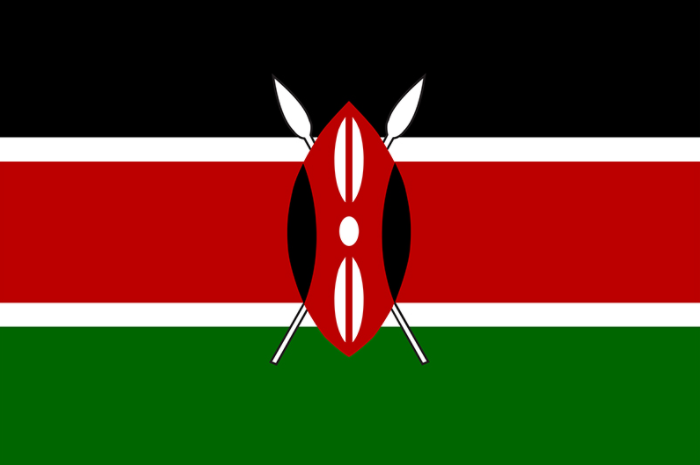With Nasa dead, the President’s silence worries hopefuls

Going by the short Kenyan tradition as far as parties go, the National Super Alliance was never meant to last.
Still, its imminent dissolution has been dramatized and televised, with Raila Odinga, its erstwhile presidential candidate, this week announcing the decision by his Orange Democratic Movement to leave the coalition abbreviated as Nasa.
Edwin Sifuna, ODM’s bombastic secretary general, said after the meeting that Nasa is now in the past, and that the party, arguably Kenya’s strongest right now, would be moving on.
“We intend to embark on a programme to build new partnerships and extend the ongoing talks with our potential partners to the grassroots,” Mr Sifuna said.
To those in ODM that believe in The Handshake, new partnerships would suggest that the party will now seek to work with whatever is left of the Jubilee Party. That, to them, would mean getting an endorsement from President Uhuru Kenyatta.
Yet the President has not shown any overt signs of support for that school of thought.
He has also been rather quiet about the travails of Jubilee, which has had little to celebrate since the departure of the elected representatives and leaders who support Deputy President William Ruto.
It is perhaps because of this uncertainty that some of them, such as Kiambu’s Gathoni Wamuchomba and Laikipia’s Cate Waruguru, have recently made it known that they will support the Deputy President at the elections next year.
President Kenyatta’s silence is bound to worry his supporters, and those in the Kieleweke camp, as it would suggest that he is not interested or has not yet decided who to support to succeed him in 2022.
The argument in that camp has been that to ensure his unfinished legacy projects are taken care of and his interests are not undermined by the person at the head of the new administration, the President needs to identify his preference.
Whether it is wait and see or strategic silence for him is still hard to tell, but it serves the President well enough as those with an interest to succeed him continue to prepare and put their strategies together.
One such strategy is Mr Ruto’s bottom-up, which became a trending topic after Raphael Tuju belittled it at a meeting at Royal Media Services chairman SK Macharia’s home. When Kandara MP Alice Wahome made a mess of explaining it on a live TV interview, it became the butt of jokes.
The debate, and the jokes, have given Mr Ruto a taste of what to expect when the real discussions over governance approaches and his messaging start when his big opponent emerges.
For those with an interest in the economy and the business environment, it will be worth their time to see how these policies will affect them and their businesses.

